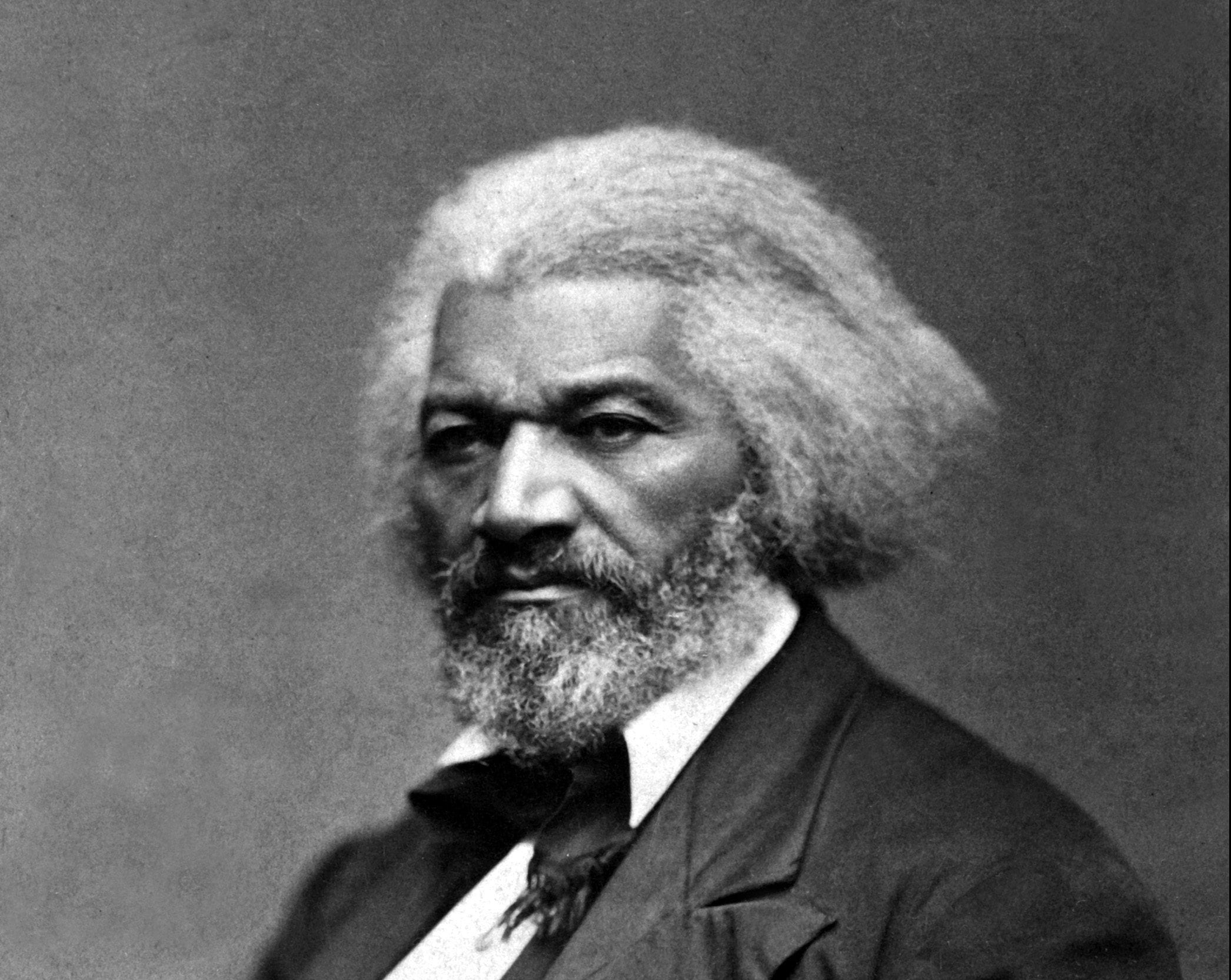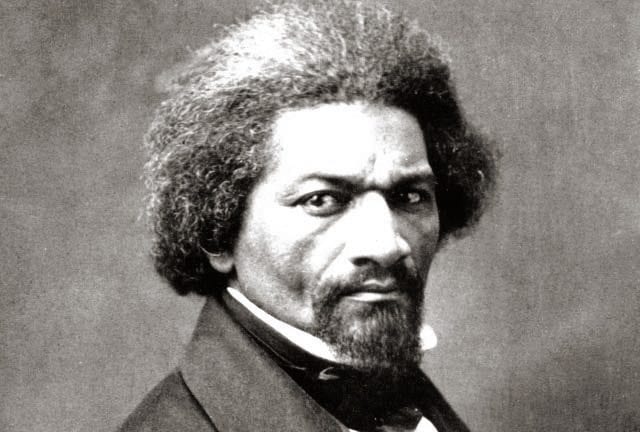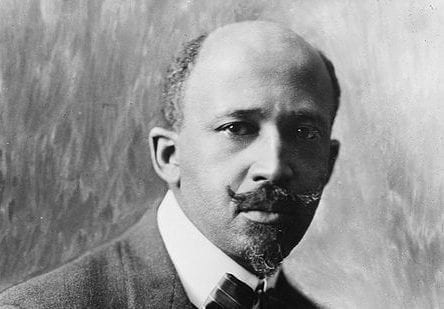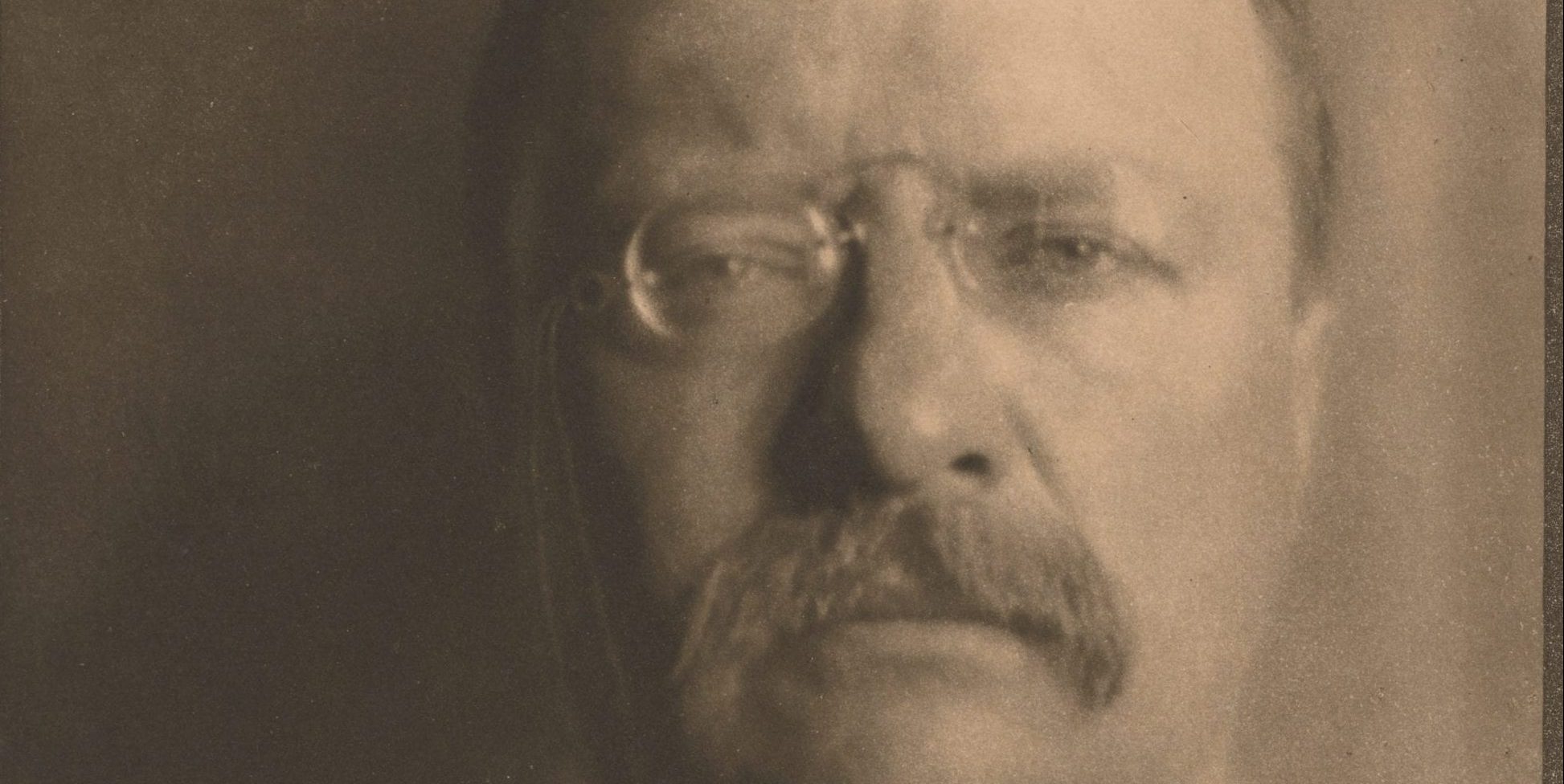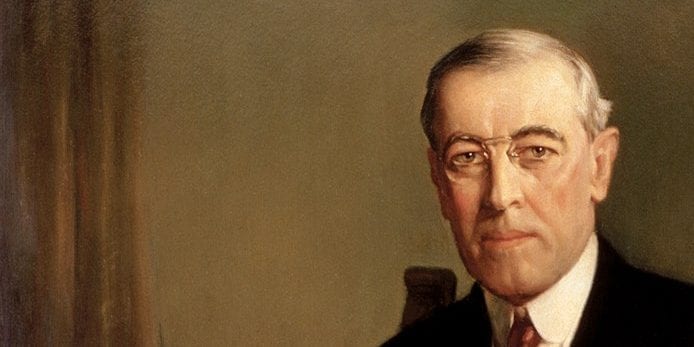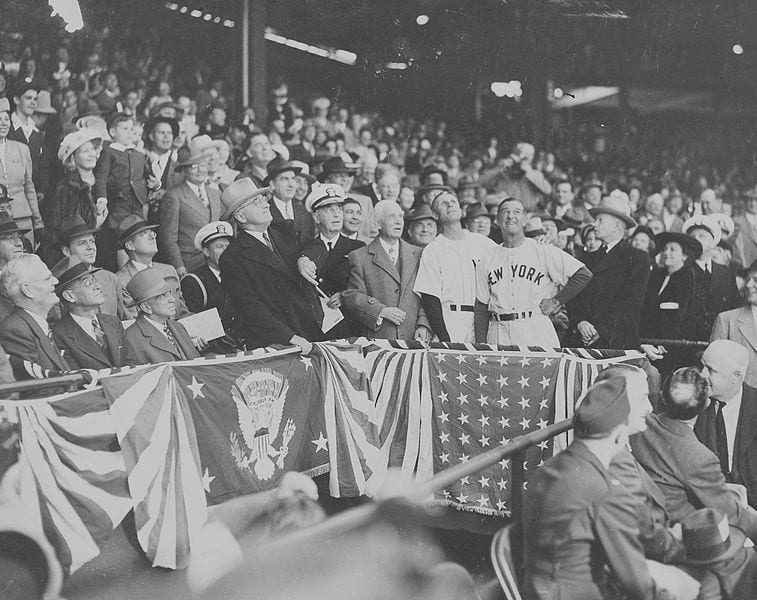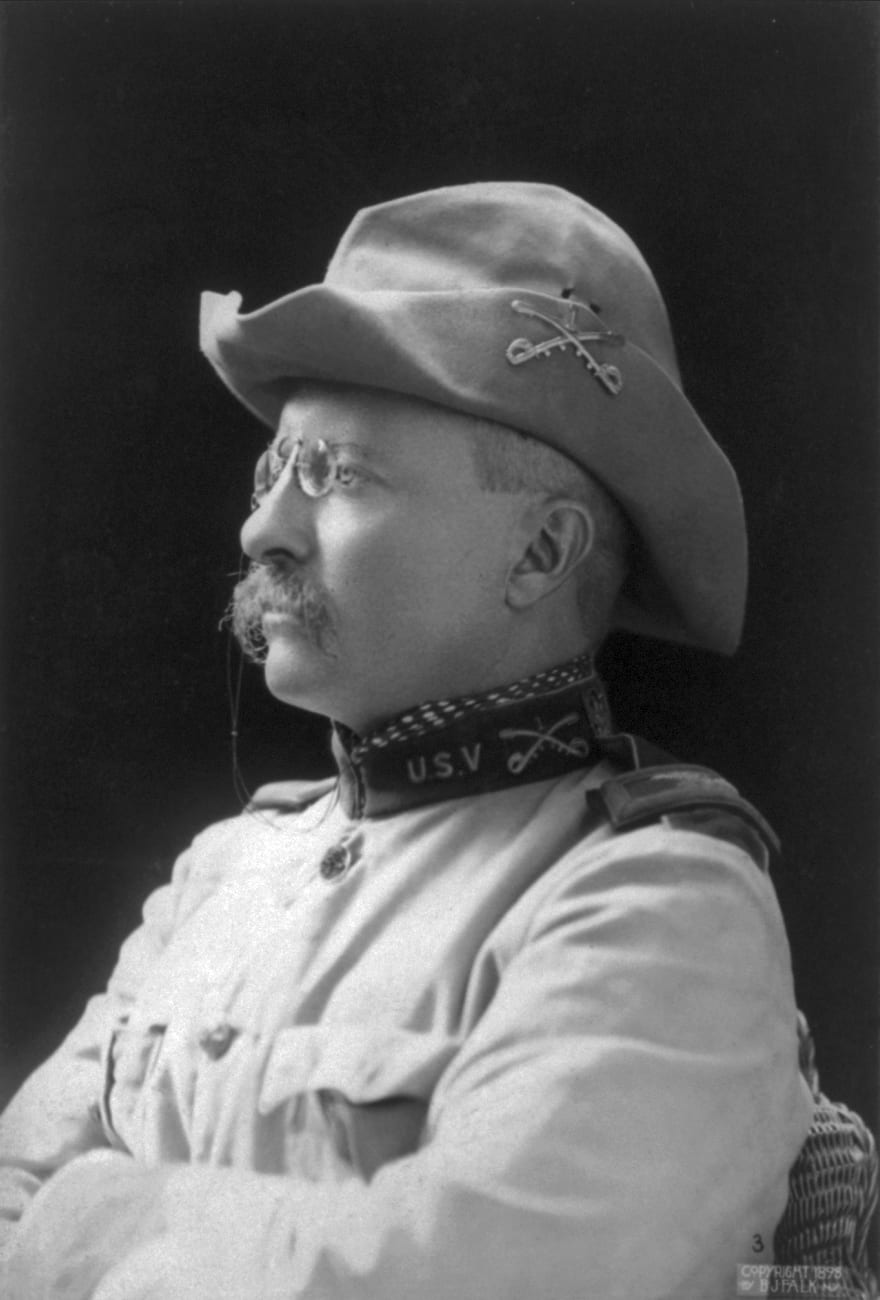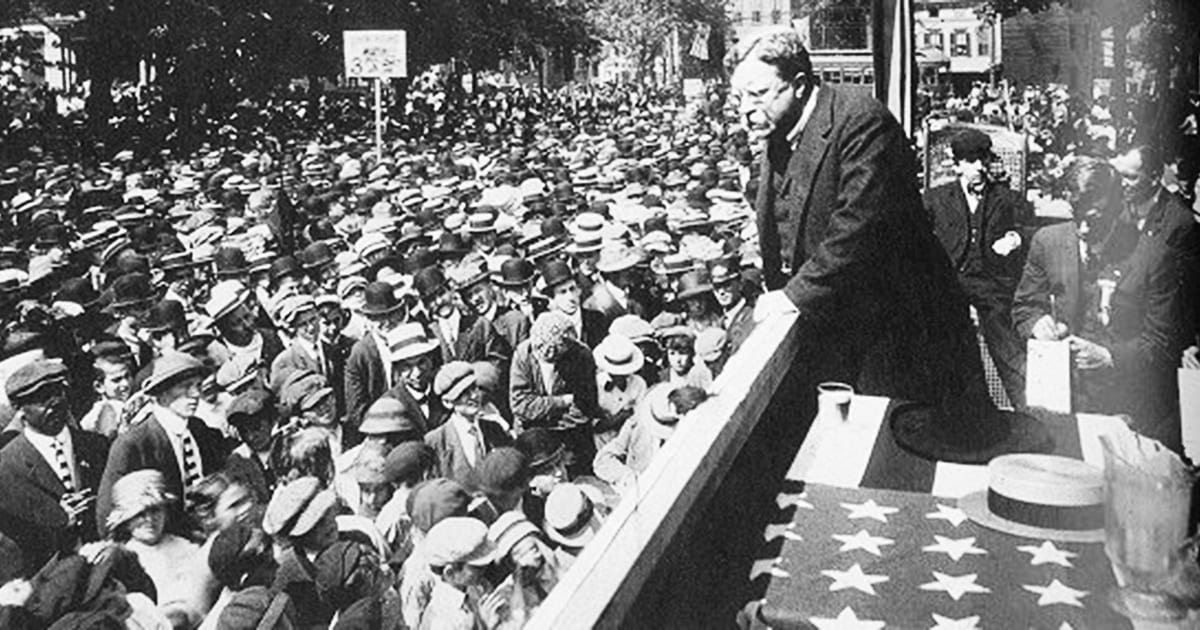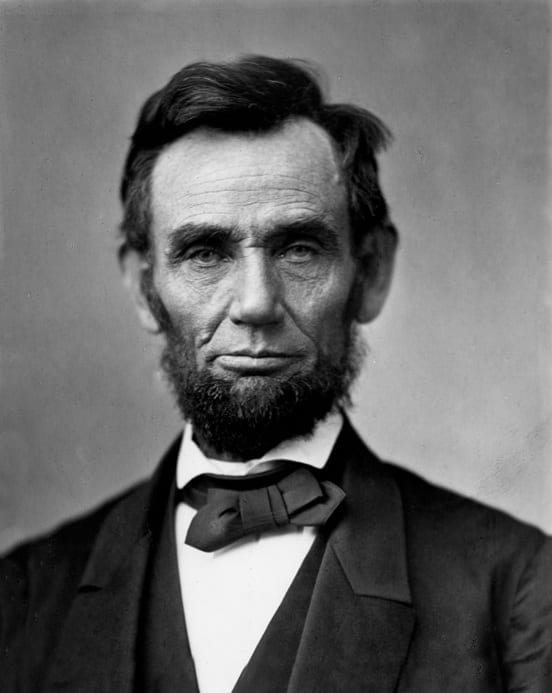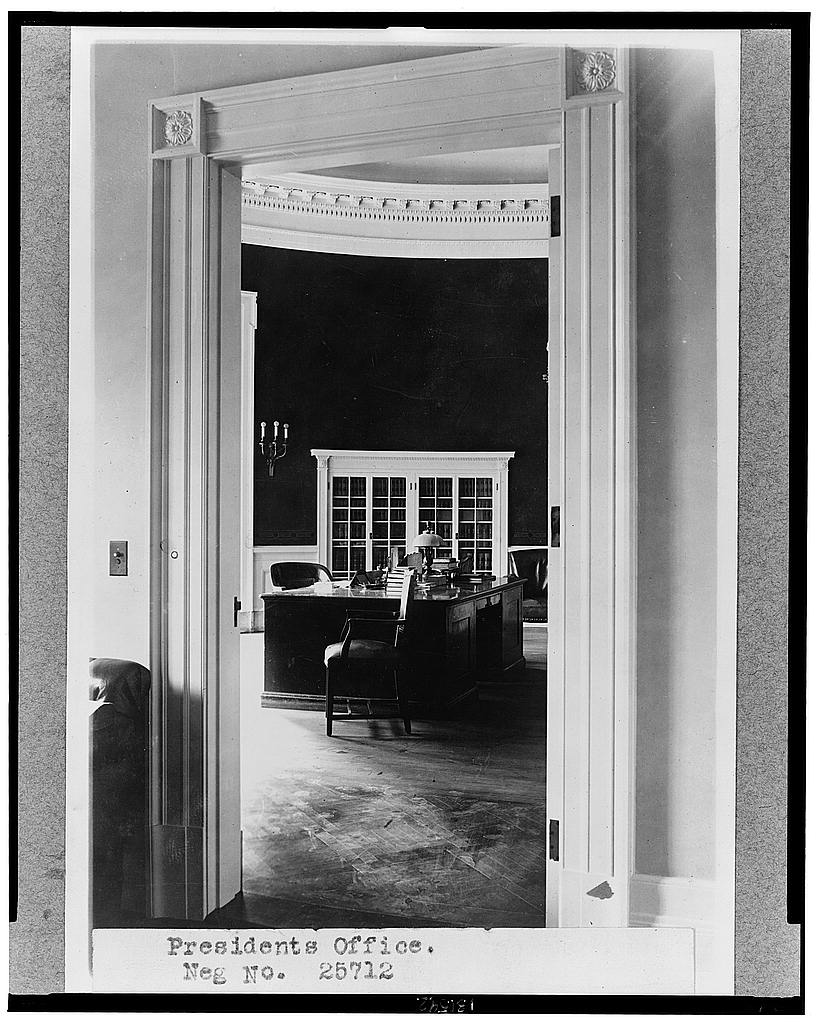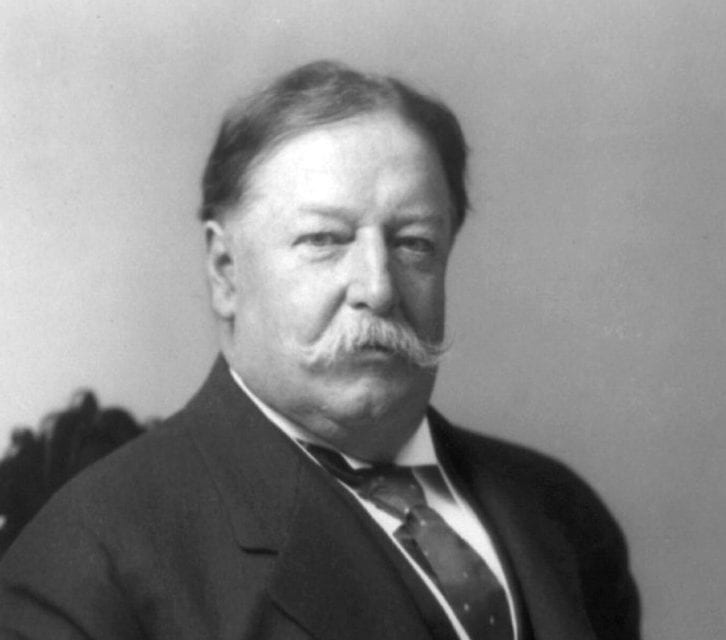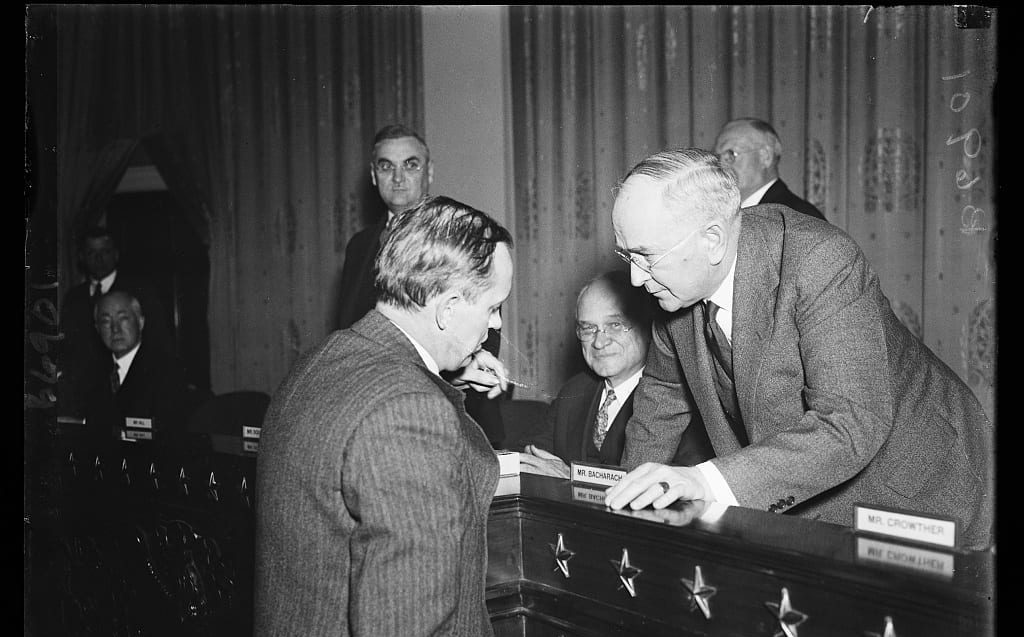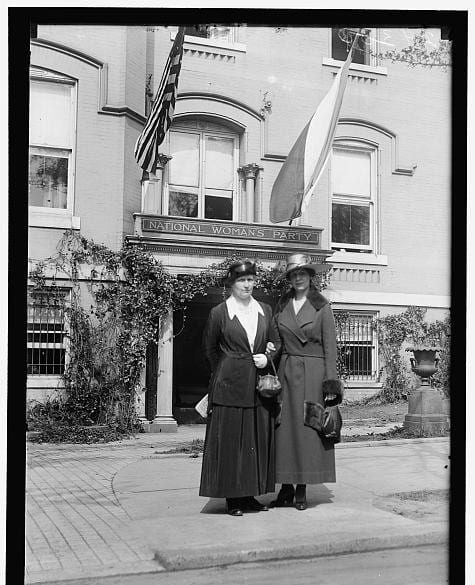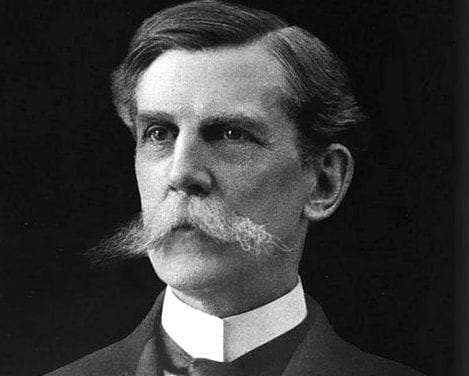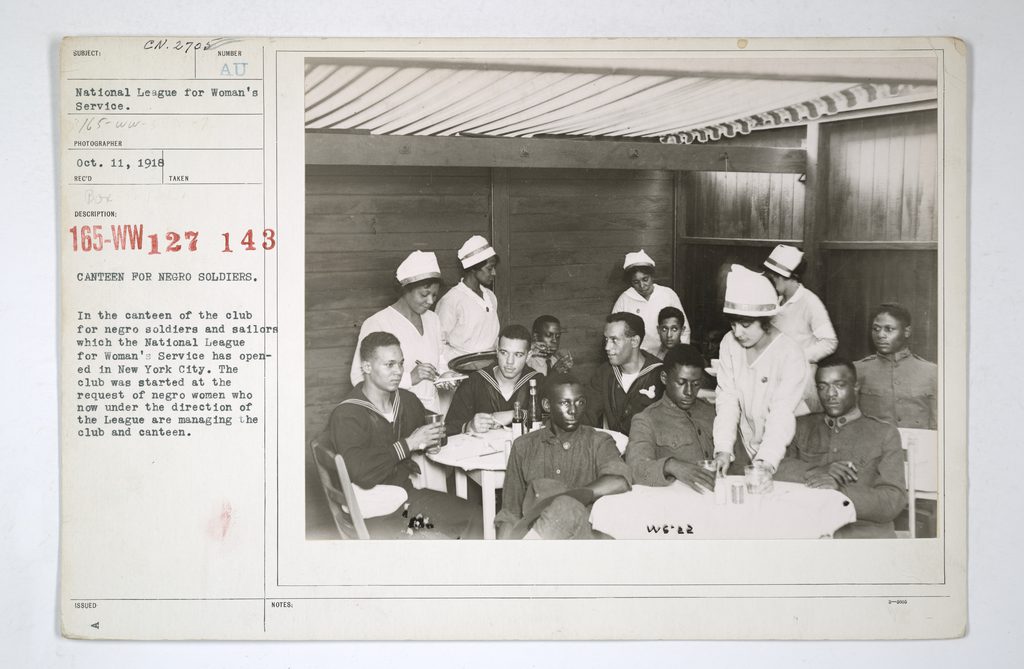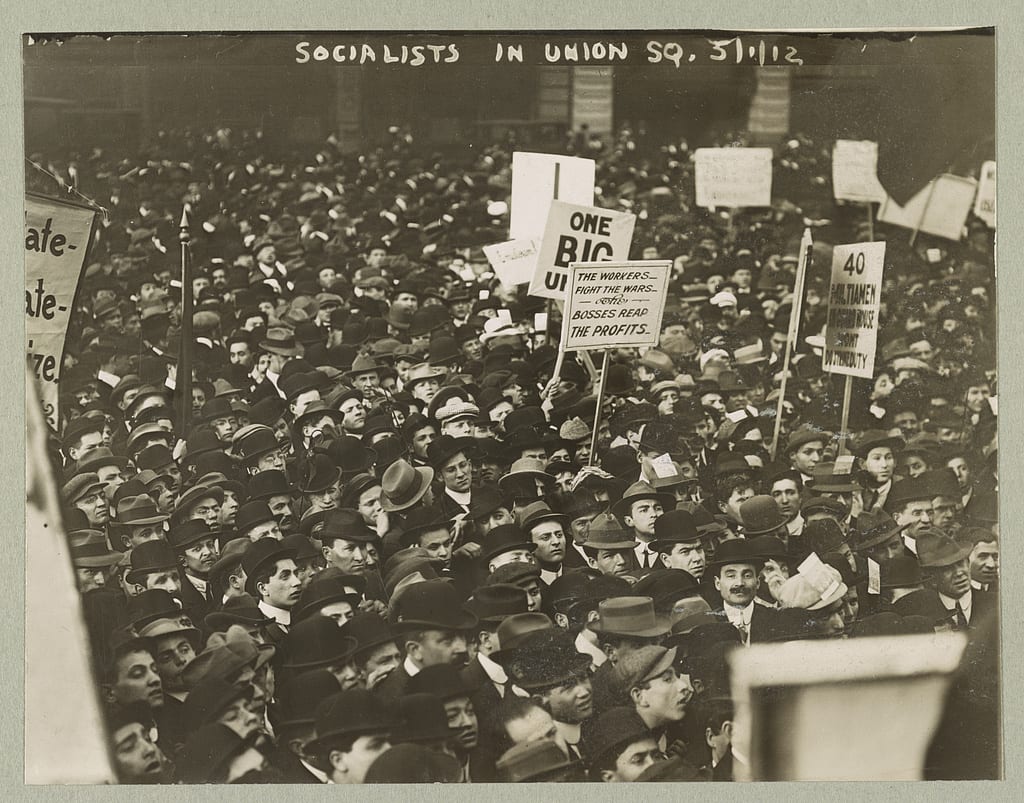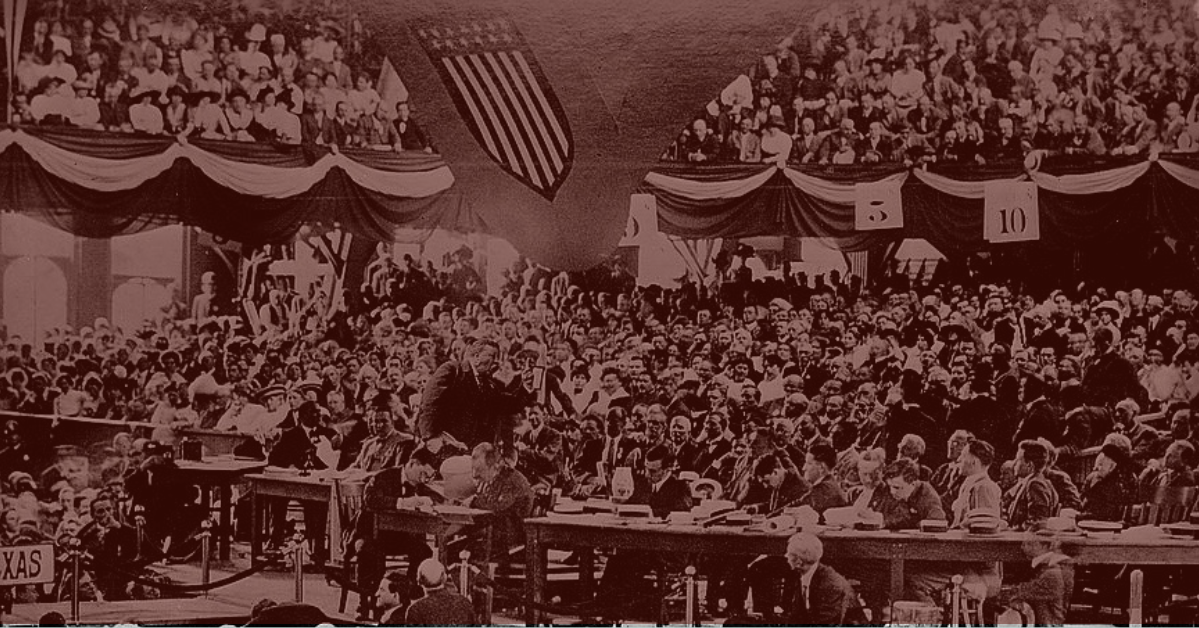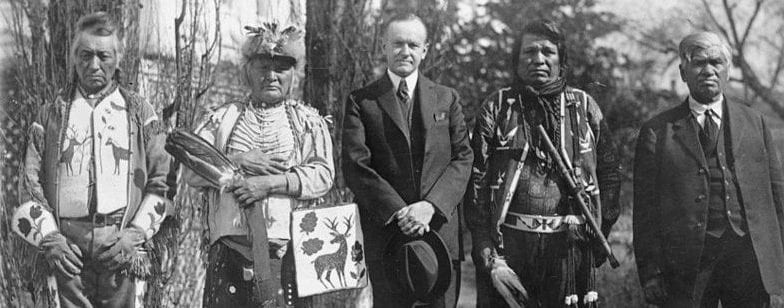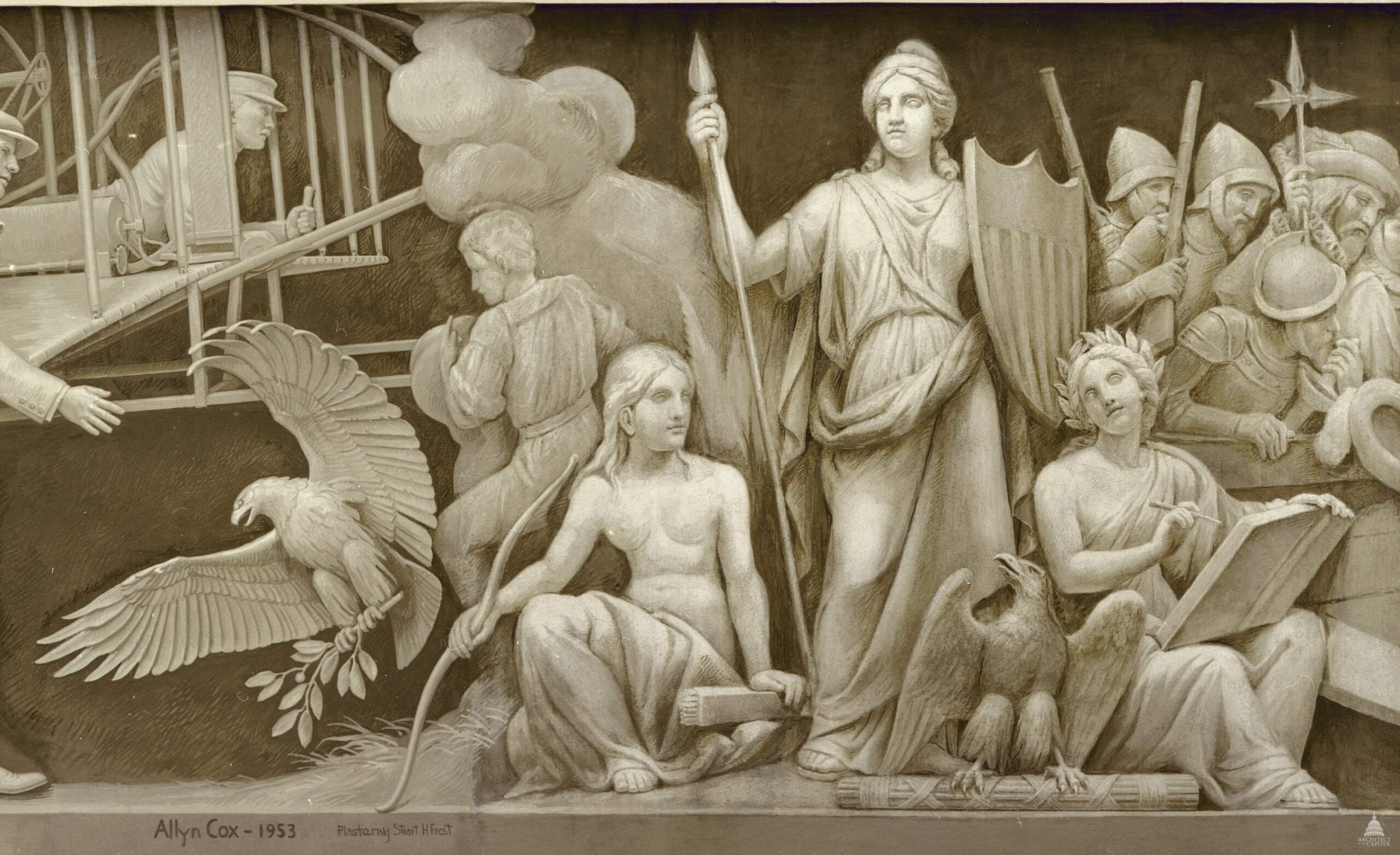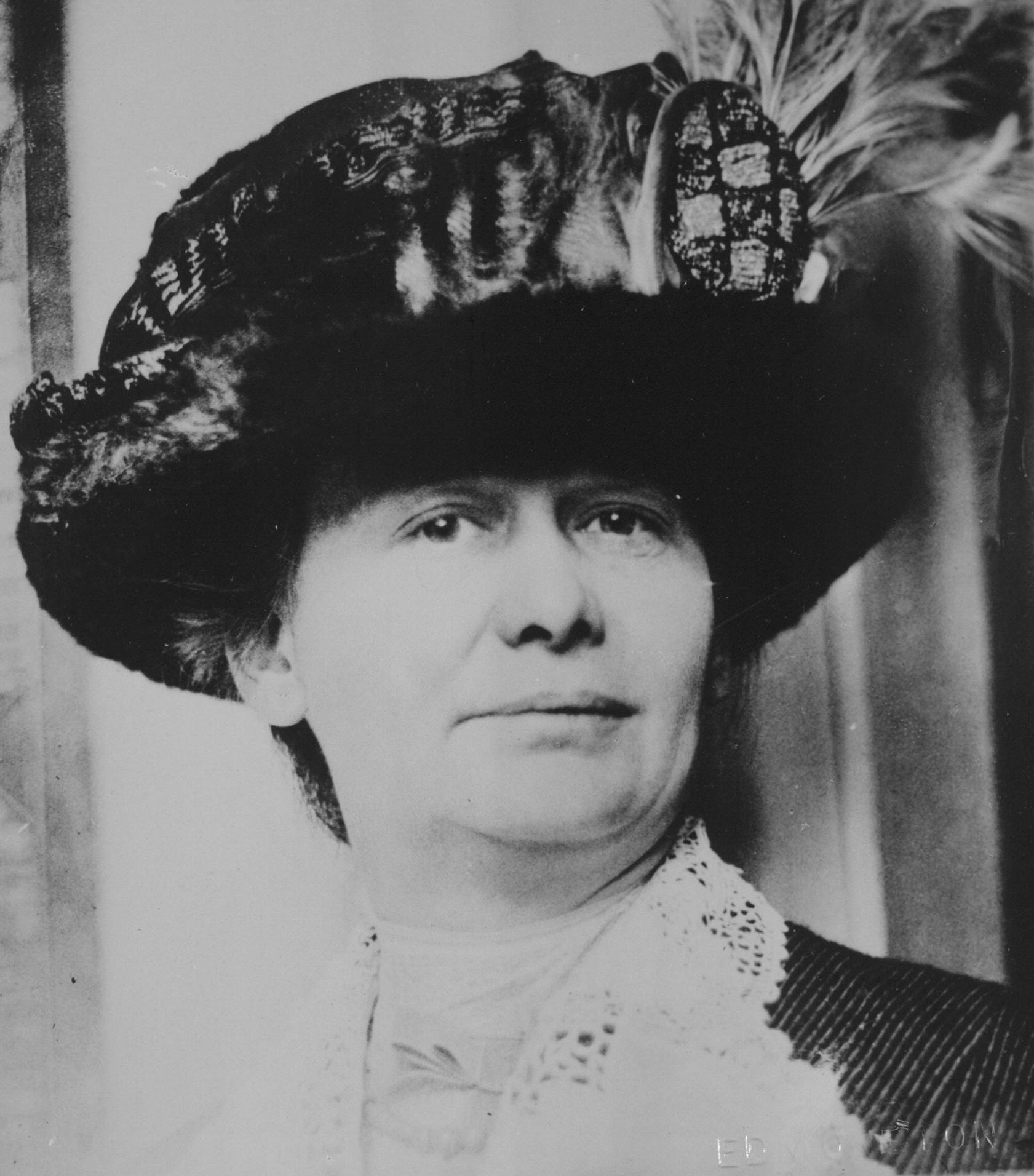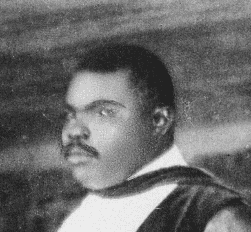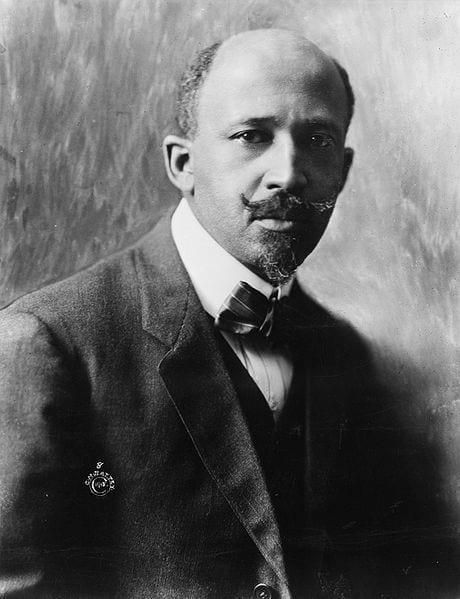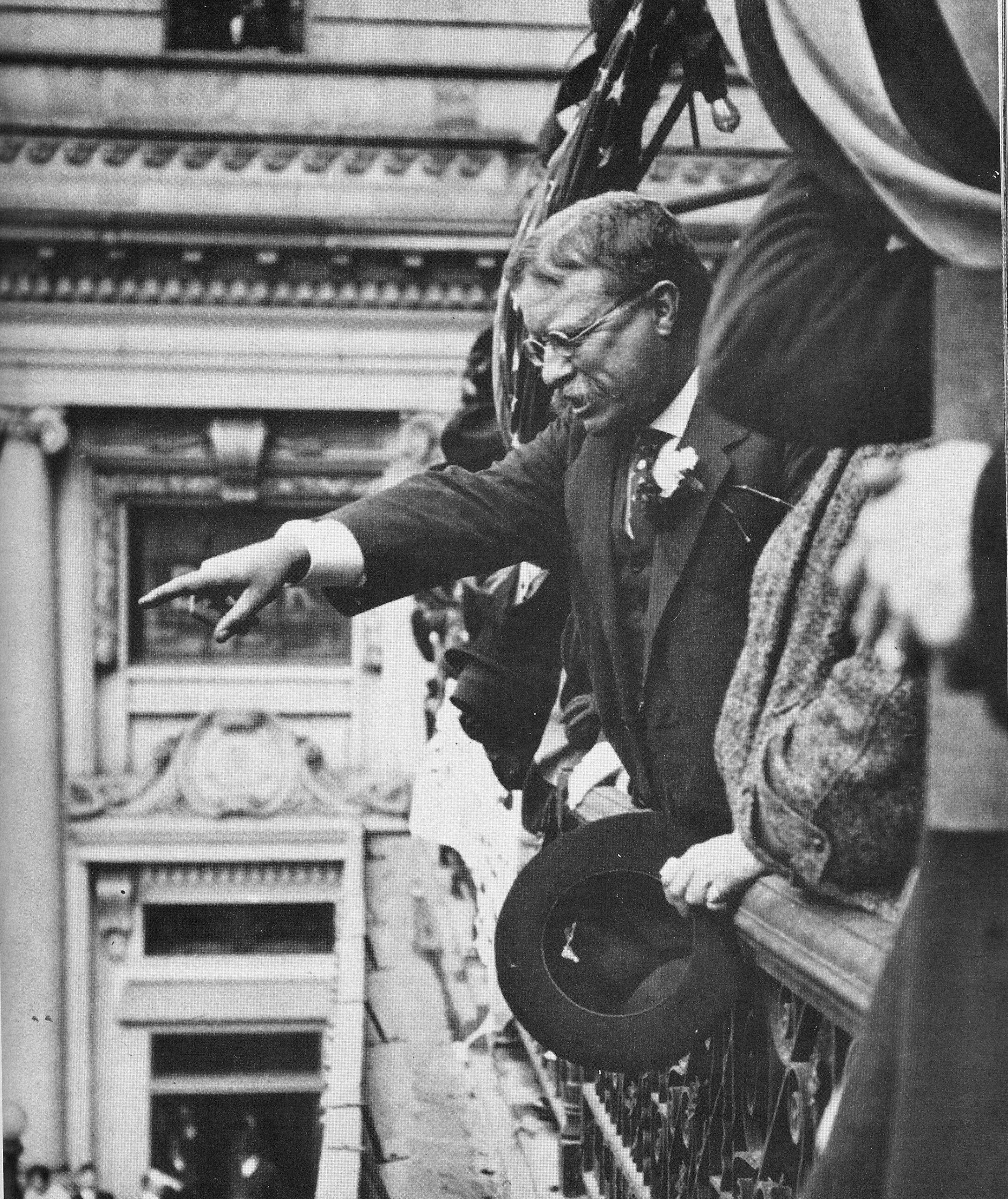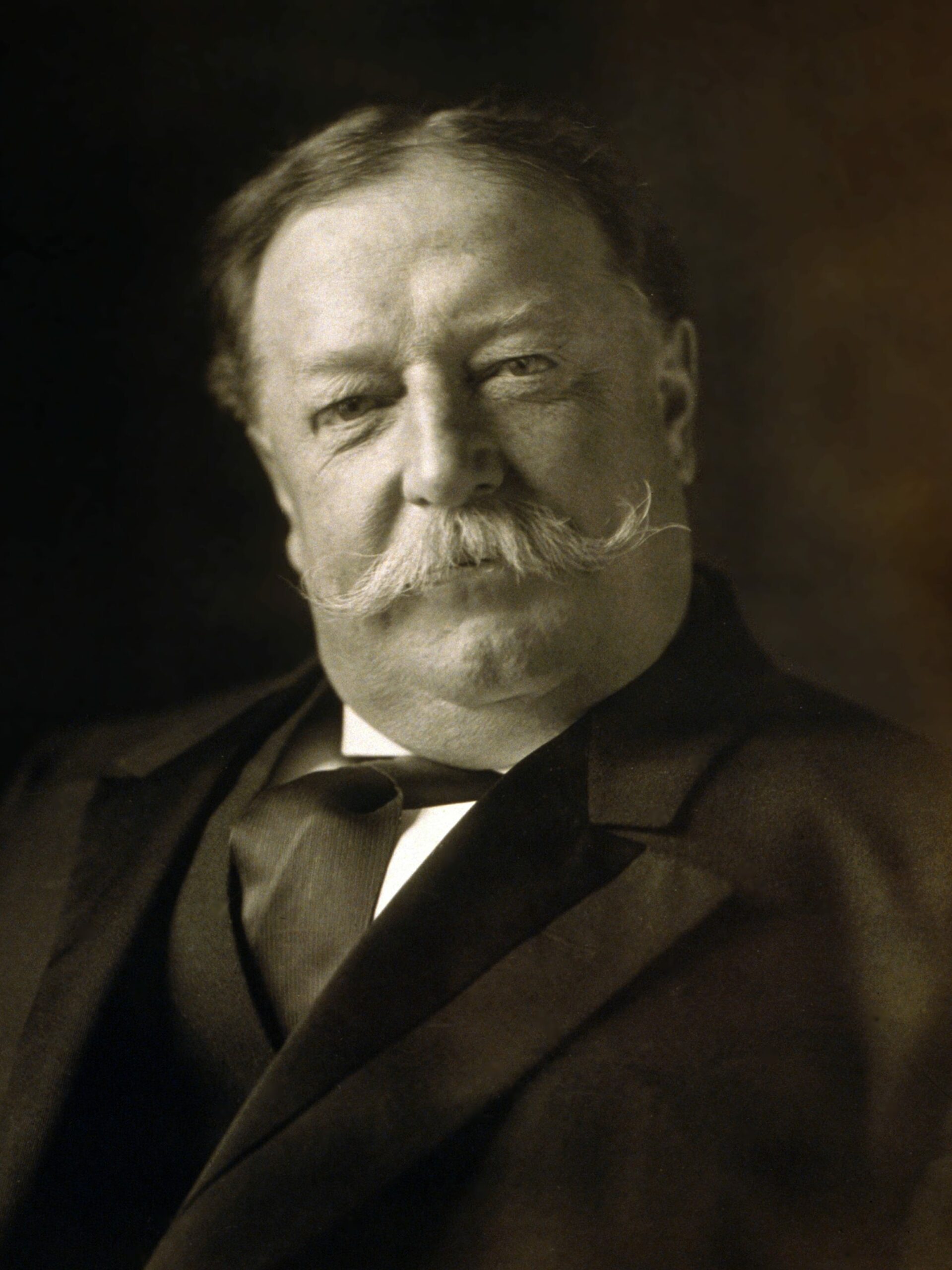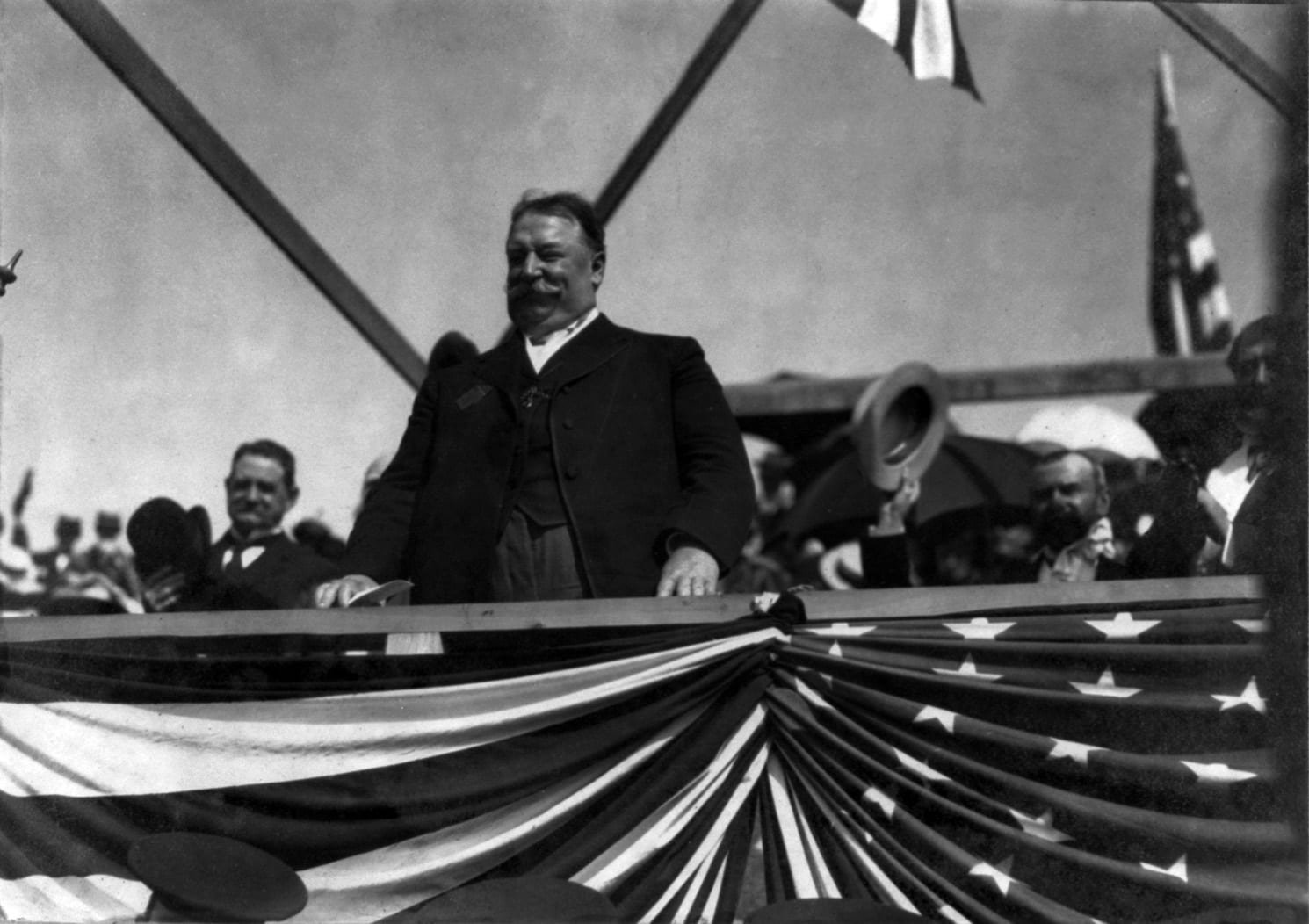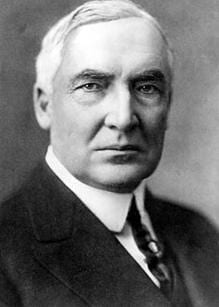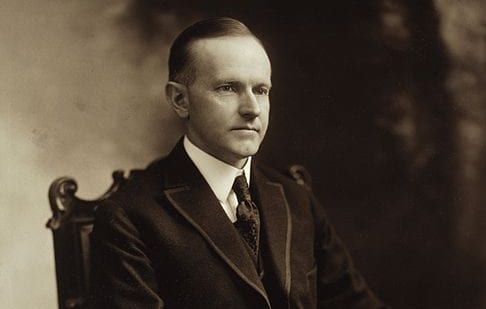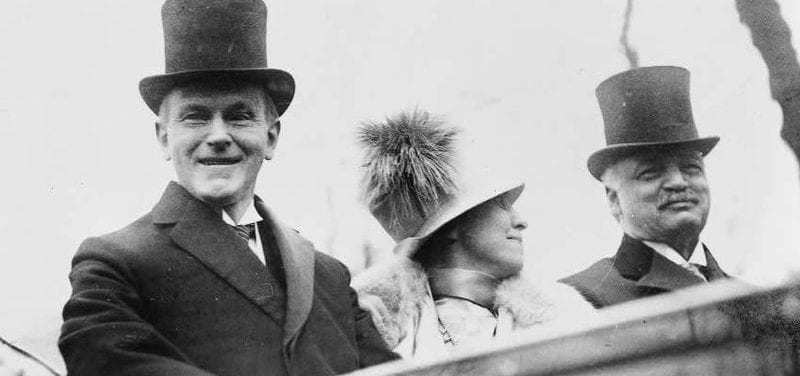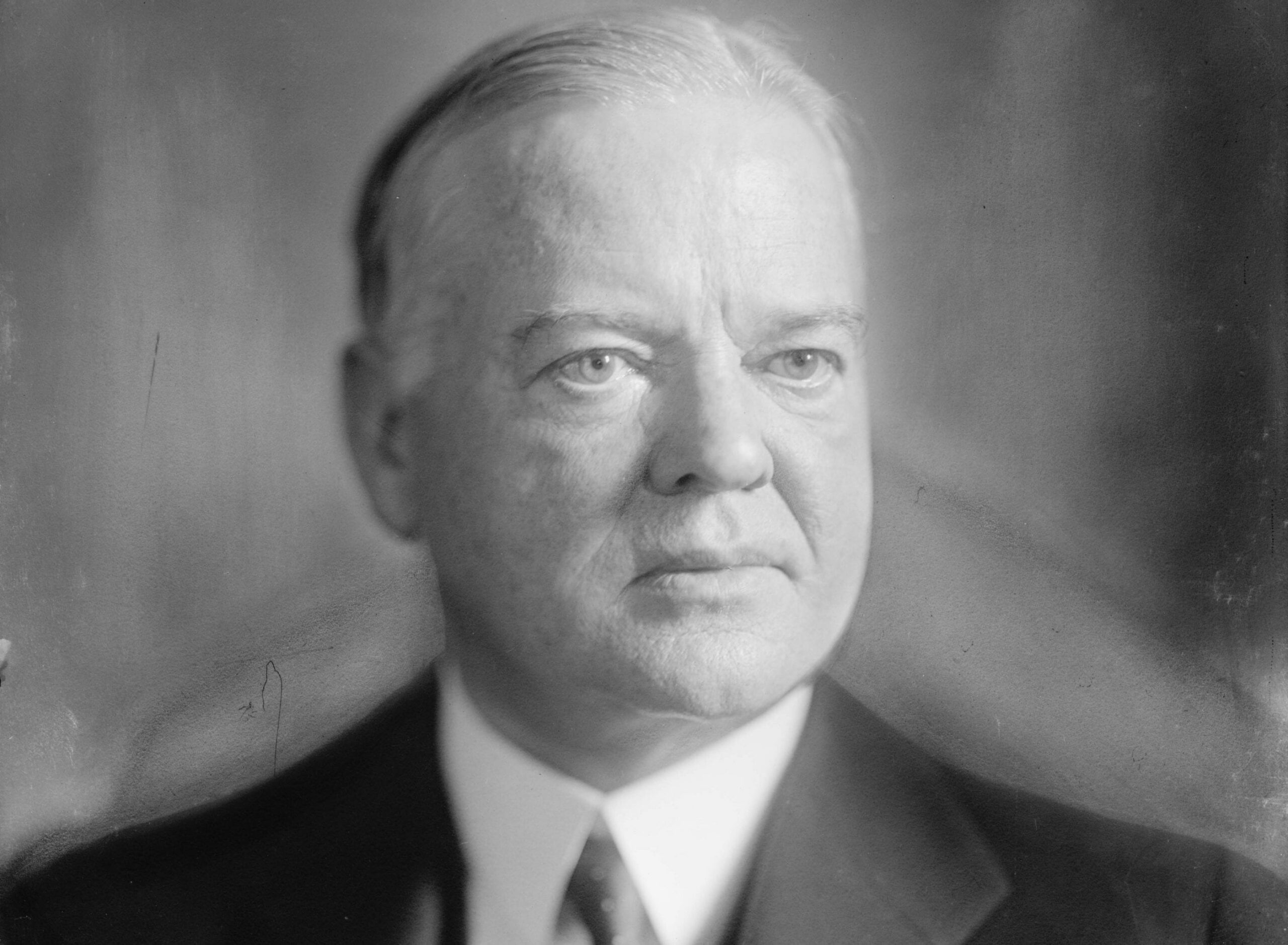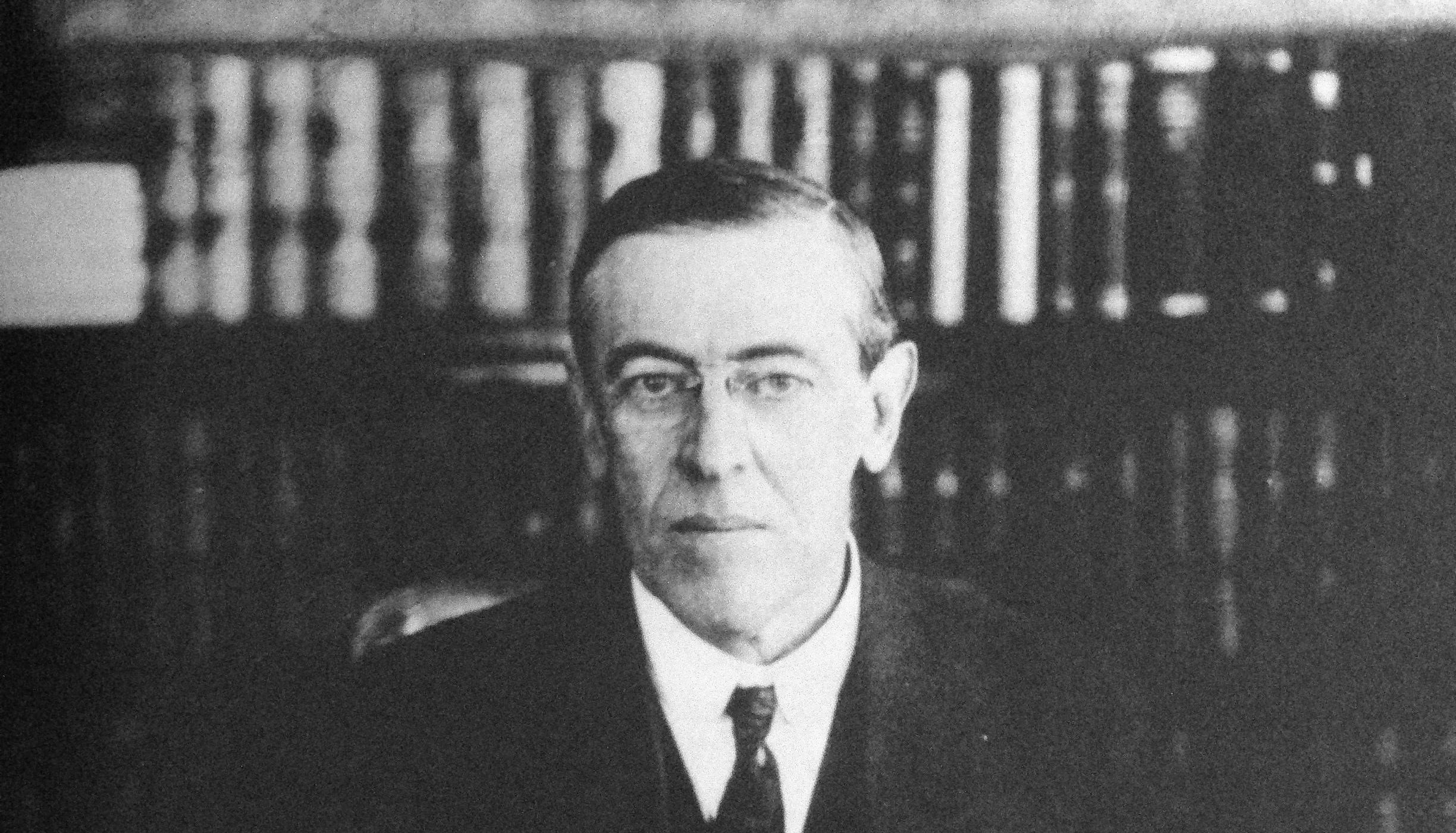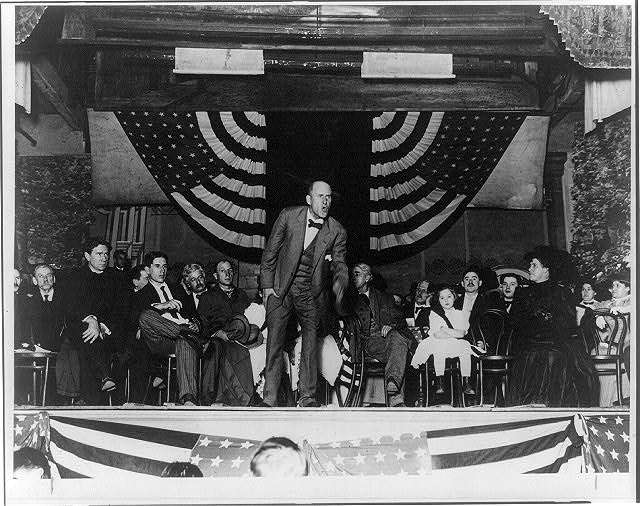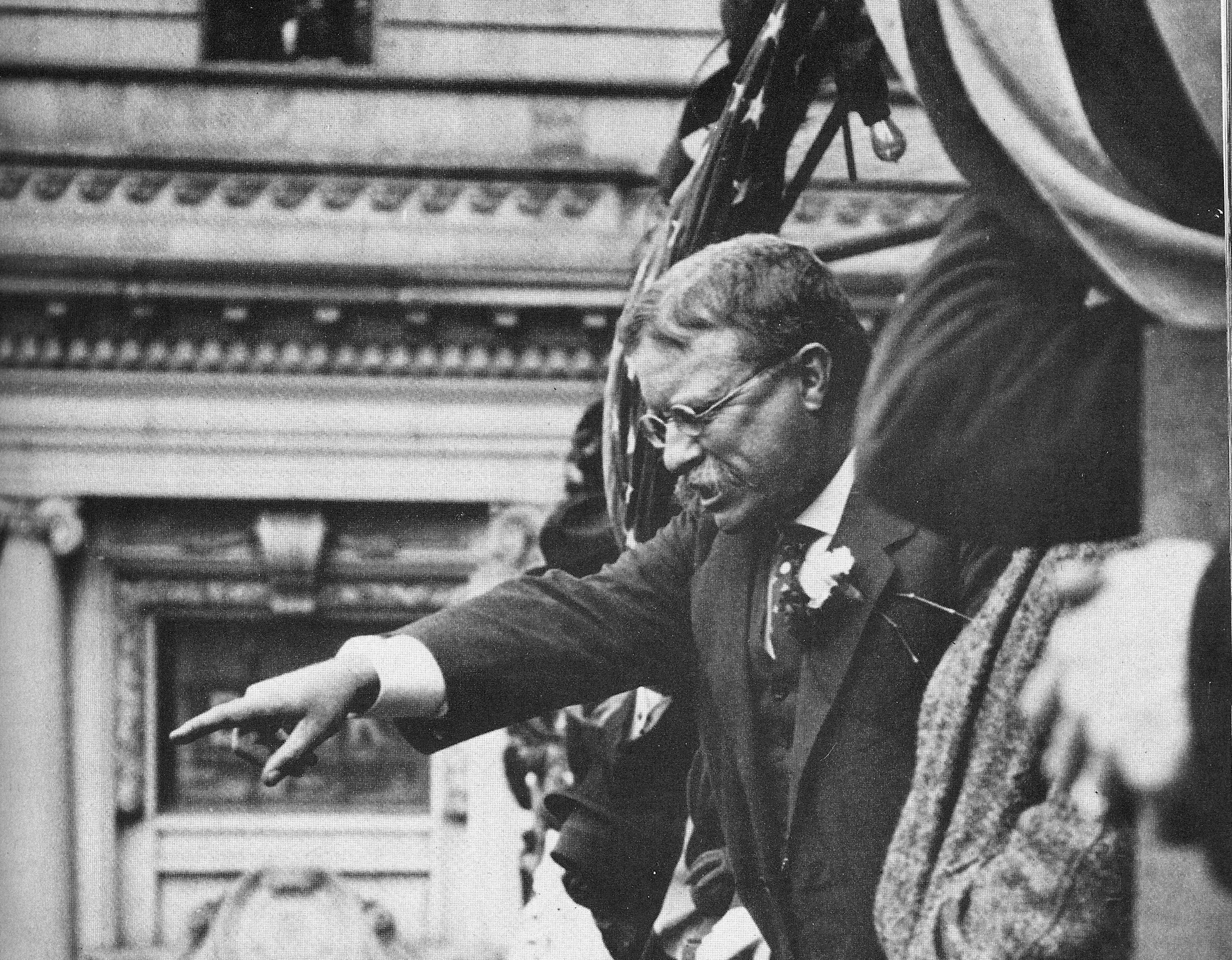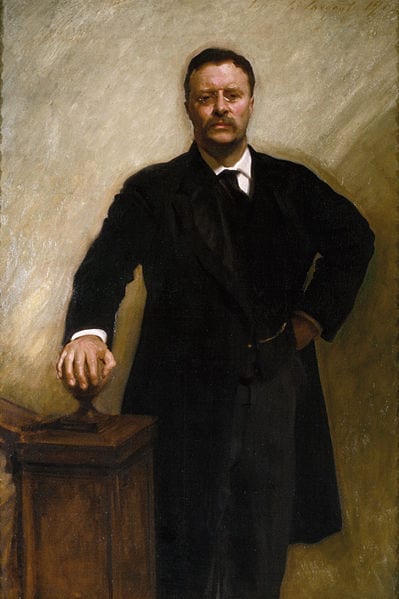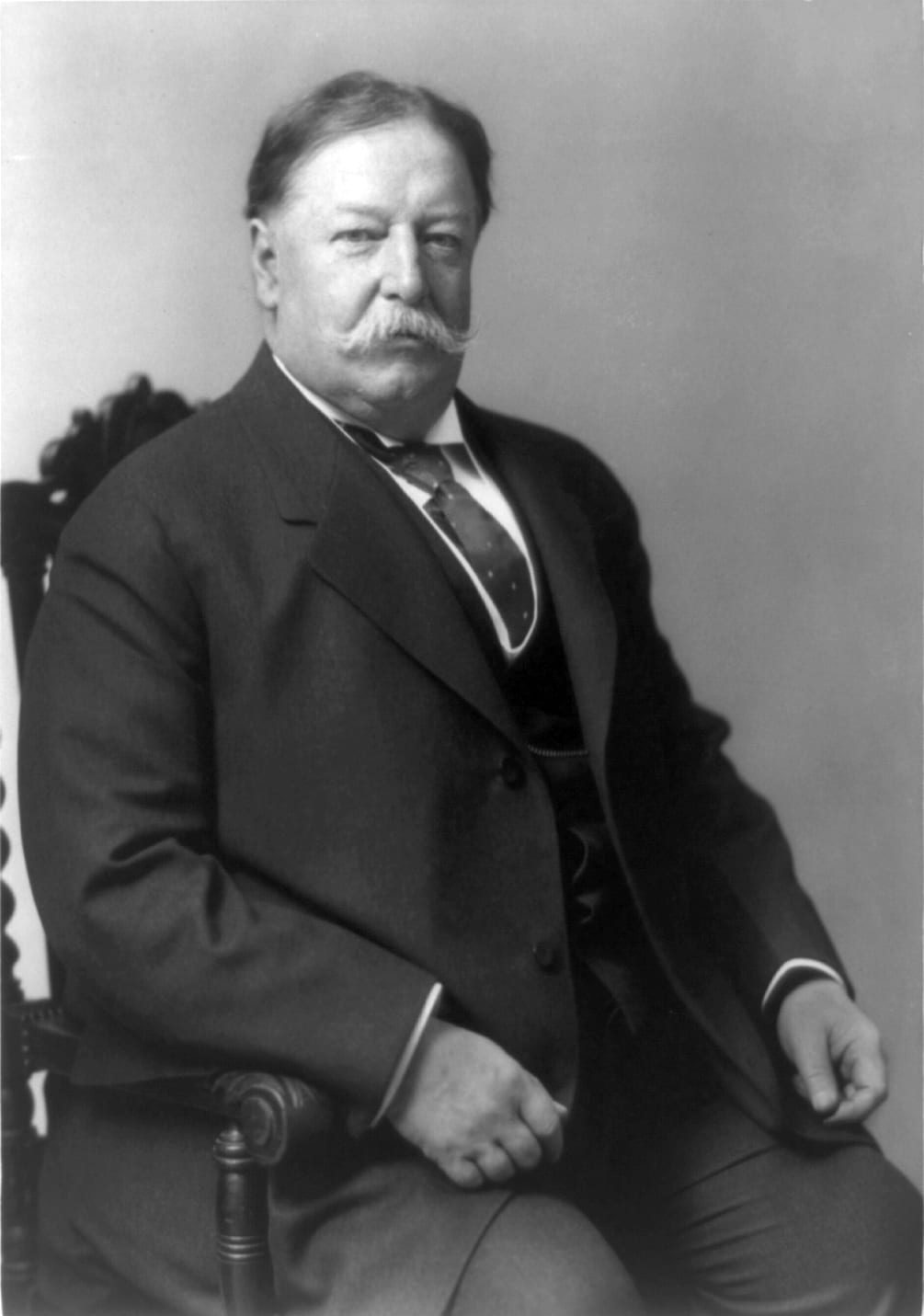


No related resources
Introduction
As the 1928 presidential race was nearing its conclusion, the Republican candidate, former Secretary of Commerce Herbert Hoover, outlined his governing philosophy and contrasted it with that which he attributed to his Democratic opponent, New York Governor Al Smith. At this point there was little doubt that Hoover was going to win. After eight years of Republican governance the country was at peace and enjoying unprecedented prosperity, and any rural Democrats were lukewarm on Smith due to his New York City roots and outspoken opposition to Prohibition. In fact, the 1928 election proved to be one of the most lopsided in U.S. history, with Hoover winning 40 of the 48 states and more than 58 percent of the popular vote.
The speech later became famous not only for Hoover’s use of the term “rugged individualism,” but also for his bold claim that the country had “come nearer to the abolition of poverty, to the abolition of fear of want, than humanity has ever reached before.” These were words that would soon be used against him when the country fell into depression.
Source: Herbert Hoover: 1929: Containing the Public Messages, Speeches, and Statements of the President, March 4 to December 31, 1929. In Public Papers of the Presidents of the United States (Washington, DC: United States Government Printing Office, 1974), p. 586. Also available online from: American President: Presidential Speech Archive, Miller Center, University of Virginia, http://millercenter.org/president/speeches/speech-6000.
. . . After the war,1 when the Republican Party assumed administration of the country, we were faced with the problem of determination of the very nature of our national life. During 150 years we have builded up a form of self-government and a social system which is peculiarly our own. It differs essentially from all others in the world. It is the American system. It is just as definite and positive a political and social system as has ever been developed on earth. It is founded upon a particular conception of self-government; in which decentralized local responsibility is the very base. Further than this, it is founded upon the conception that only through ordered liberty, freedom and equal opportunity to the individual will his initiative and enterprise spur on the march of progress. And in our insistence upon equality of opportunity has our system advanced beyond all the world.
During the war we necessarily turned to the Government to solve every difficult economic problem. The Government having absorbed every energy of our people for war, there was no other solution. For the preservation of the State, the Federal Government became a centralized despotism which undertook unprecedented responsibilities, assumed autocratic powers, and took over the business of citizens. To a large degree we regimented our whole people temporarily into a socialistic state. However justified in time of war, if continued in peace time it would destroy not only our American system but with it our progress and freedom as well.
When the war closed, the most vital of all issues both in our own country and throughout the world was whether Governments should continue their wartime ownership and operation of many instrumentalities of production and distribution. We were challenged with a peace-time choice between the American system of rugged individualism and a European philosophy of diametrically opposed doctrines – doctrines of paternalism and state socialism. The acceptance of these ideas would have meant the destruction of self-government through centralization of government. It would have meant the undermining of the individual initiative and enterprise through which our people have grown to unparalleled greatness.
The Republican Party from the beginning resolutely turned its face away from these ideas and these war practices. A Republican Congress cooperated with the Democratic administration to demobilize many of our war activities. At that time the two parties were [in] accord upon that point. When the Republican Party came into full power, it went at once resolutely back to our fundamental conception of the state and the rights and responsibilities of the individual. Thereby it restored confidence and hope in the American people, it freed and stimulated enterprise, it restored the Government to its position as an umpire instead of a player in the economic game. For these reasons the American people have gone forward in progress while the rest of the world has halted, and some countries have even gone backwards. If anyone will study the causes of retarded recuperation in Europe, he will find much of it due to the stifling of private initiative on one hand, and overloading of the Government with business on the other.
There has been revived in this campaign, however, a series of proposals which, if adopted, would be a long step toward the abandonment of our American system and a surrender to the destructive operation of governmental conduct of commercial business. Because the country is faced with difficulty and doubt over certain national problems – that is, prohibition, farm relief and electrical power – our opponents propose that we must thrust government a long way into the businesses which give rise to these problems. In effect, they abandon the tenets of their own party and turn to state socialism as a solution for the difficulties presented by all three. It is proposed that we shall change from prohibition to the state purchase and sale of liquor. If their agricultural relief program means anything, it means that the Government shall directly or indirectly buy and sell and fix prices of agricultural products. And we are to go into the hydroelectric-power business. In other words, we are confronted with a huge program of government in business.
There is, therefore, submitted to the American people a question of fundamental principle. That is: shall we depart from the principles of our American political and economic system, upon which we have advanced beyond all the rest of the world, in order to adopt methods based on principles destructive of its very foundations? And I wish to emphasize the seriousness of these proposals. I wish to make my position clear; for this goes to the very roots of American life and progress.
I should like to state to you the effect that this projection of government in business would have upon our system of self-government and our economic system. That effect would reach to the daily life of every man and woman. It would impair the very basis of liberty and freedom not only for those left outside the fold of expanded bureaucracy but for those embraced within it.
Let us first see the effect upon self-government. When the Federal Government undertakes to go into commercial business, it must at once set up the organization and administration of that business, and it immediately finds itself in a labyrinth, every alley of which leads to the destruction of self-government.
Commercial business requires a concentration of responsibility. Self-government requires decentralization and many checks and balances to safeguard liberty. Our Government to succeed in business would need become in effect a despotism. There at once begins the destruction of self-government.
The first problem of the government about to adventure in commercial business is to determine a method of administration. It must secure leadership and direction. Shall this leadership be chosen by political agencies or shall we make it elective? The hard practical fact is that leadership in business must come through the sheer rise in ability and character. That rise can only take place in the free atmosphere of competition. Competition is closed by bureaucracy. Political agencies are feeble channels through which to select able leaders to conduct commercial business.
Government, in order to avoid the possible incompetence, corruption and tyranny of too great authority in individuals entrusted with commercial business, inevitably turns to boards and commissions. To make sure that there are checks and balances, each member of such boards and commissions must have equal authority. Each has his separate responsibility to the public, and at once we have the conflict of ideas and the lack of decision which would ruin any commercial business. It has contributed greatly to the demoralization of our shipping business. Moreover, these commissions must be representative of different sections and different political parties, so that at once we have an entire blight upon coordinated action within their ranks which destroys any possibility of effective administration.
Moreover, our legislative bodies cannot in fact delegate their full authority to commissions or to individuals for the conduct of matters vital to the American people; for if we would preserve government by the people we must preserve the authority of our legislators in the activities of our government.
Thus every time the Federal Government goes into a commercial business, 531 Senators and Congressmen become the actual board of directors of that business. Every time a state government goes into business, one or two hundred state senators and legislators become the actual directors of that business. Even if they were supermen and if there were no politics in the United States, no body of such numbers could competently direct commercial activities; for that requires initiative, instant decision and action. It took Congress six years of constant discussion to even decide what the method of administration of Muscle Shoals should be.
When the Federal Government undertakes to go into business, the state governments are at once deprived of control and taxation of that business; when a state government undertakes to go into business, it at once deprives the municipalities of taxation and control of that business. Municipalities, being local and close to the people, can, at times, succeed in business where Federal and State Governments must fail.
We have trouble enough with log rolling2 in legislative bodies today. It originates naturally from desires of citizens to advance their particular section or to secure some necessary service. It would be multiplied a thousandfold were the Federal and state governments in these businesses.
The effect upon our economic progress would be even worse. Business progressiveness is dependent on competition. New methods and new ideas are the outgrowth of the spirit of adventure, of individual initiative and of individual enterprise. Without adventure there is no progress. No government administration can rightly take chances with taxpayers’ money. . . .
The Government in commercial business does not tolerate amongst its customers the freedom of competitive reprisals to which private business is subject. Bureaucracy does not tolerate the spirit of independence; it spreads the spirit of submission into our daily life and penetrates the temper of our people not with the habit of powerful resistance to wrong but with the habit of timid acceptance of irresistible might.
Bureaucracy is ever desirous of spreading its influence and its power. You cannot extend the mastery of the government over the daily working life of a people without at the same time making it the master of the people’s souls and thoughts. Every expansion of government in business means that government in order to protect itself from the political consequences of its errors and wrongs is driven irresistibly without peace to greater and greater control of the nations’ press and platform. Free speech does not live many hours after free industry and free commerce die.
It is a false liberalism that interprets itself into the Government operation of commercial business. Every step of bureaucratizing of the business of our country poisons the very roots of liberalism – that is, political equality, free speech, free assembly, free press, and equality of opportunity. It is the road not to more liberty, but to less liberty. Liberalism should be found not striving to spread bureaucracy but striving to set bounds to it. True liberalism seeks all legitimate freedom first in the confident belief that without such freedom the pursuit of all other blessings and benefits is vain. That belief is the foundation of all American progress, political as well as economic.
Liberalism is a force truly of the spirit, a force proceeding from the deep realization that economic freedom cannot be sacrificed if political freedom is to be preserved. Even if governmental conduct of business could give us more efficiency instead of less efficiency, the fundamental objection to it would remain unaltered and unabated. It would destroy political equality. It would increase rather than decrease abuse and corruption. It would stifle initiative and invention. It would undermine the development of leadership. It would cramp and cripple the mental and spiritual energies of our people. It would extinguish equality and opportunity. It would dry up the spirit of liberty and progress. For these reasons primarily it must be resisted. For a hundred and fifty years liberalism has found its true spirit in the American system, not in the European systems.
I do not wish to be misunderstood in this statement. I am defining a general policy. It does not mean that our government is to part with one iota of its national resources without complete protection to the public interest. I have already stated that where the government is engaged in public works for purposes of flood control, of navigation, of irrigation, of scientific research or national defense, or in pioneering a new art, it will at times necessarily produce power or commodities as a by-product. But they must be a by-product of the major purpose, not the major purpose itself.
Nor do I wish to be misinterpreted as believing that the United States is free-for-all and devil-take-the-hind-most. The very essence of equality of opportunity and of American individualism is that there shall be no domination by any group or combination in this Republic, whether it be business or political. On the contrary, it demands economic justice as well as political and social justice. It is no system of laissez faire.
I feel deeply on this subject because during the war I had some practical experience with governmental operation and control. I have witnessed not only at home but abroad the many failures of government in business. I have seen its tyrannies, its injustices, its destructions of self-government, its undermining of the very instincts which carry our people forward to progress. I have witnessed the lack of advance, the lowered standards of living, the depressed spirits of people working under such a system. My objection is based not upon theory or upon a failure to recognize wrong or abuse, but I know the adoption of such methods would strike at the very roots of American life and would destroy the very basis of American progress.
Our people have the right to know whether we can continue to solve our great problems without abandonment of our American system. I know we can. We have demonstrated that our system is responsive enough to meet any new and intricate development in our economic and business life. We have demonstrated that we can meet any economic problem and still maintain our democracy as master in its own house and that we can at the same time preserve equality of opportunity and individual freedom.
In the last fifty years we have discovered that mass production will produce articles for us at half the cost they required previously. We have seen the resultant growth of large units of production and distribution. This is big business. Many businesses must be bigger for our tools are bigger, our country is bigger. We now build a single dynamo of a hundred thousand horsepower. Even fifteen years ago that would have been a big business all by itself. Yet today advance in production requires that we set ten of these units together in a row.
The American people from bitter experience have a rightful fear that great business units might be used to dominate our industrial life and by illegal and unethical practices destroy equality of opportunity.
Years ago the Republican Administration established the principle that such evils could be corrected by regulation. It developed methods by which abuses could be prevented while the full value of industrial progress could be retained for the public. It insisted upon the principle that when great public utilities were clothed with the security of partial monopoly, whether it be railways, power plants, telephones or what not, then there must be the fullest and most complete control of rates, services, and finances by government or local agencies. It declared that these businesses must be conducted with glass pockets.
As to our great manufacturing and distributing industries, the Republican Party insisted upon the enactment of laws that not only would maintain competition but would destroy conspiracies to destroy the smaller units or dominate and limit the equality of opportunity amongst our people.
One of the great problems of government is to determine to what extent the Government shall regulate and control commerce and industry and how much it shall leave it alone. No system is perfect. We have had many abuses in the private conduct of business. That every good citizen resents. It is just as important that business keep out of government as that government keep out of business.
Nor am I setting up the contention that our institutions are perfect. No human ideal is ever perfectly attained, since humanity itself is not perfect. The wisdom of our forefathers in their conception that progress can only be attained as the sum of the accomplishment of free individuals has been re-enforced by all of the great leaders of the country since that day. Jackson, Lincoln, Cleveland, McKinley, Roosevelt, Wilson, and Coolidge have stood unalterably for these principles.
And what have been the results of our American system? Our country has become the land of opportunity to those born without inheritance, not merely because of the wealth of its resources and industry but because of this freedom of initiative and enterprise. Russia has natural resources equal to ours. Her people are equally industrious, but she has not had the blessings of 150 years of our form of government and of our social system.
By adherence to the principles of decentralized self-government, ordered liberty, equal opportunity and freedom to the individual, our American experiment in human welfare has yielded a degree of well-being unparalleled in all the world. It has come nearer to the abolition of poverty, to the abolition of fear of want, than humanity has ever reached before. Progress of the past seven years is the proof of it. This alone furnishes the answer to our opponents who ask us to introduce destructive elements into the system by which this has been accomplished. . . .
My conception of America is a land where men and women may walk in ordered freedom in the independent conduct of their occupations; where they may enjoy the advantages of wealth, not concentrated in the hands of the few but spread through the lives of all, where they build and safeguard their homes, and give to their children the fullest advantages and opportunities of American life; where every man shall be respected in the faith that his conscience and his heart direct him to follow; where a contented and happy people, secure in their liberties, free from poverty and fear, shall have the leisure and impulse to seek a fuller life.
Some may ask where all this may lead beyond mere material progress. It leads to a release of the energies of men and women from the dull drudgery of life to a wider vision and a higher hope. It leads to the opportunity for greater and greater service, not alone from man to man in our own land, but from our country to the whole world. It leads to an America, healthy in body, healthy in spirit, unfettered, youthful, eager – with a vision searching beyond the farthest horizons, with an open mind sympathetic and generous. It is to these higher ideals and for these purposes that I pledge myself and the Republican Party.
Annual Message to Congress (1928)
December 04, 1928
Conversation-based seminars for collegial PD, one-day and multi-day seminars, graduate credit seminars (MA degree), online and in-person.

Our Core Document Collection allows students to read history in the words of those who made it. Available in hard copy and for download.





